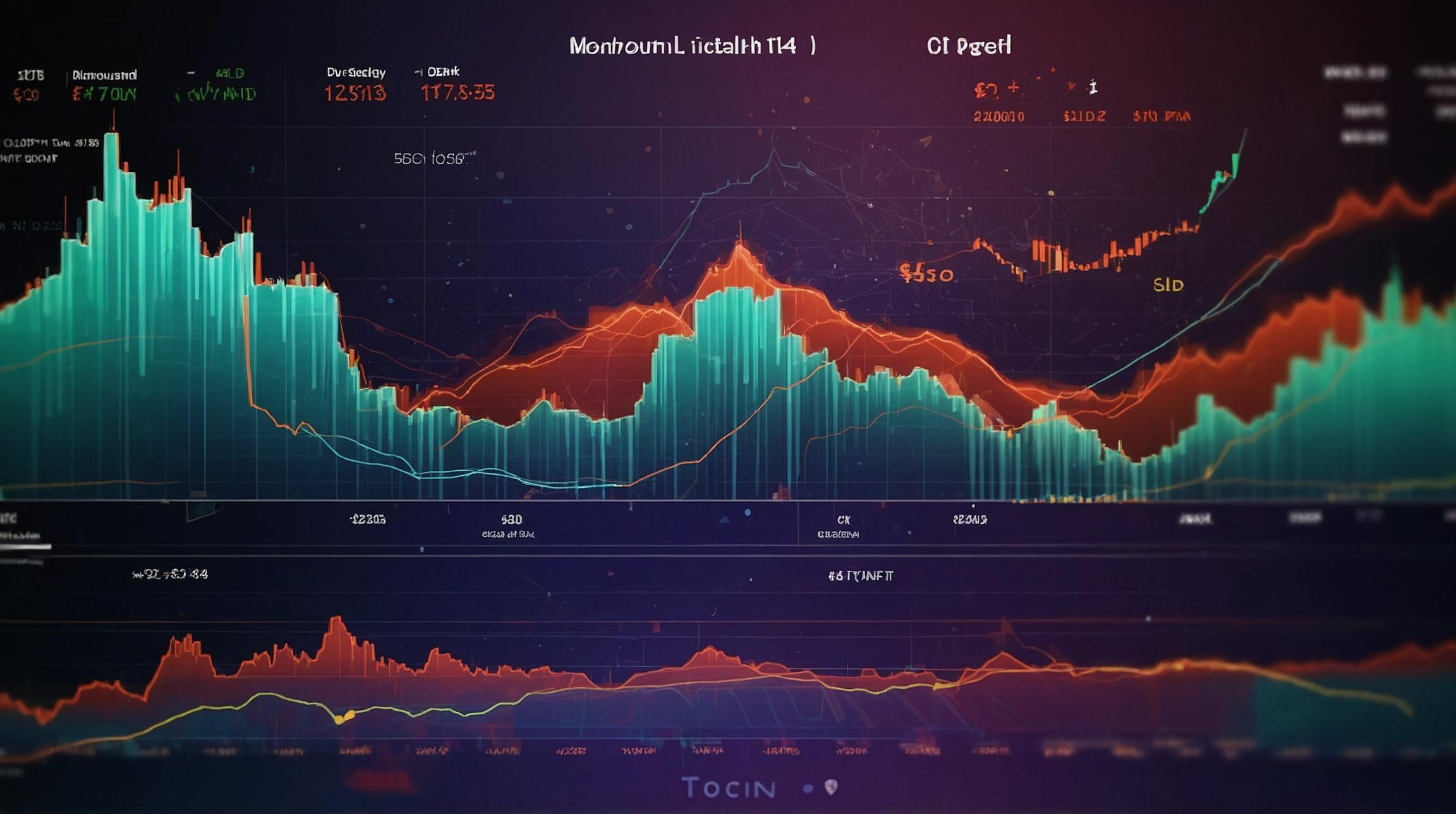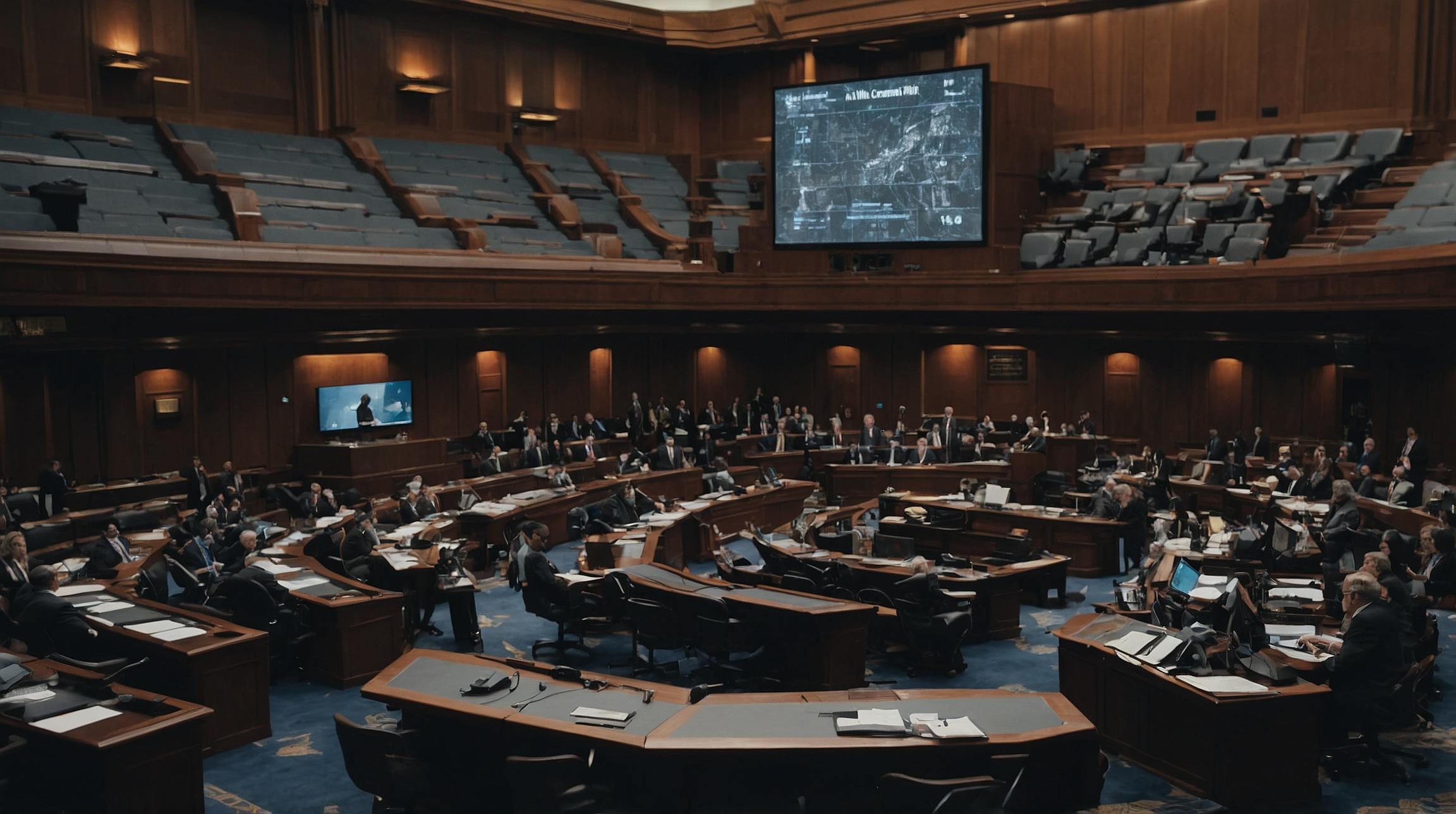Market Overview and Recent Trends
Last week, the market ended on a flat note, showing signs of recovery after a significant sell-off that began earlier. This downturn was prompted by weak economic data, along with factors like deleveraging, crowding, and poor liquidity. Such conditions can exacerbate market declines, making it challenging for investors.
Surge in Stock Correlations and Volatility
During the market turmoil, stock correlations (when stocks move in the same direction) and volatility (how much the price of stocks swings) surged significantly. The implied volatility index, which reflects market expectations of future volatility, spiked to a high of 66 on August 5th. This level of volatility has only been exceeded during the major financial crises of 2008 and March 2020.
Historical Patterns and Future Expectations
Strategists from Goldman Sachs suggest that historical patterns indicate both stock correlations and implied volatility will gradually return to normal levels. In past instances since 2000, where economic concerns were high, similar patterns of volatility were observed. However, both realized correlations and implied volatility decreased slowly, remaining above pre-event levels even three months afterward. This suggests a gradual stabilization is likely.
Economic Data's Crucial Role
The future direction of the equity market will depend heavily on upcoming economic data. Investors are particularly focused on labor market and consumer data, which are crucial indicators of economic health. While the next comprehensive jobs report is due on September 6th, weekly jobless claims and retail sales will provide insights beforehand. Additionally, earnings from companies like Walmart and labor components from Federal Reserve surveys will be closely watched.
Focusing on Micro-Driven Opportunities
Goldman Sachs strategists believe that if economic fears continue to subside, investors will shift their focus from broad market movements (beta) to specific investment opportunities (alpha) in individual stocks. This represents a chance to buy stocks with strong fundamentals at discounted prices following the recent sell-off.
Impact of Election Day and Policy Implications
As Election Day approaches, implied volatility is expected to remain relatively high. However, attention to specific policies could lead to more differentiation between sectors and stocks, providing further investment opportunities.
In conclusion, while market volatility remains a concern in the short term, the potential for stabilization and recovery provides opportunities for astute investors to capitalize on stocks with robust fundamentals.













